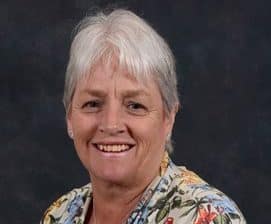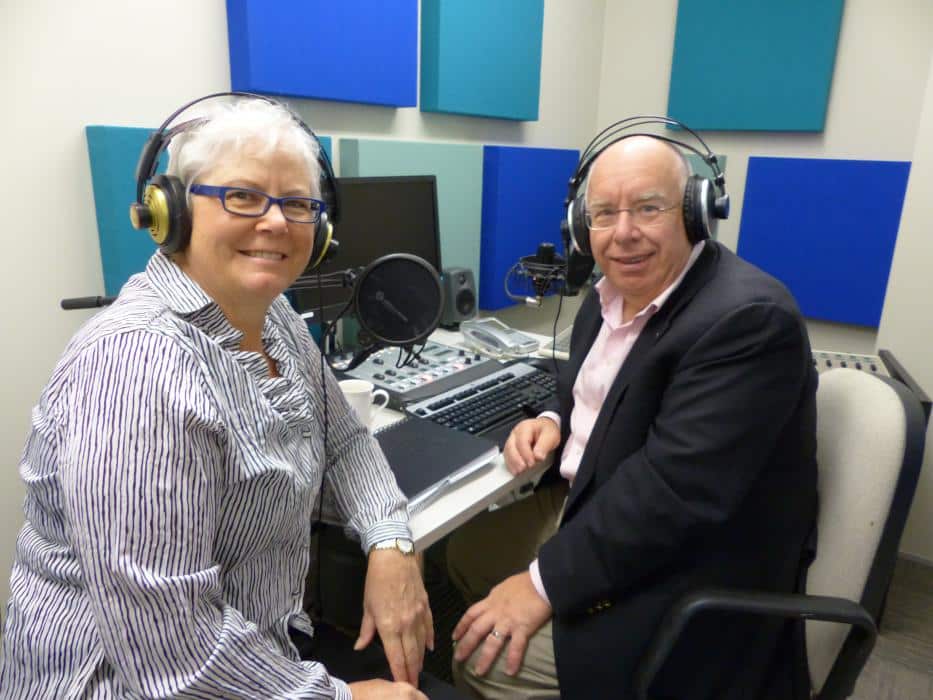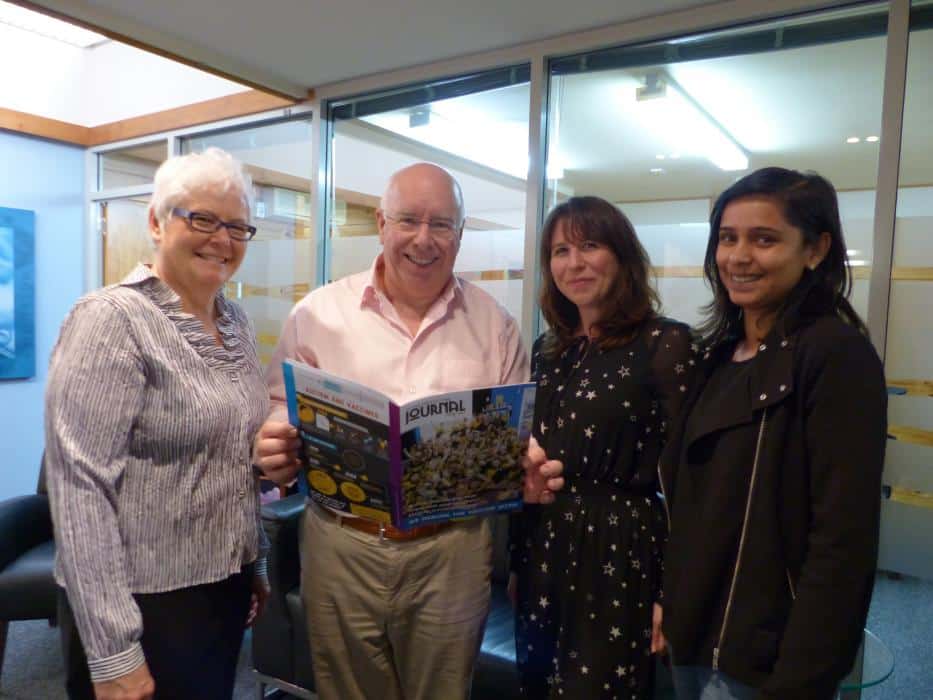
Mary Anne Gill
30 May 2017 – Experts say the rate of diagnosed autism is approaching two per cent of the population and that less than 20 per cent of higher functioning adults with autism are fully employed. Mary Anne Gill spoke to an Australian consultant who says that means there are probably 80,000 people in New Zealand who could be working and are either not working at all or are not fully utilising their talents.
JOHN CRAVEN loves telling success stories, like the one about the woman on the spectrum given two years to complete a project and she did it in three months.
“They wanted to give her an award and she said ‘no, just give me another project to do’.”

John Craven
During his week in New Zealand, John produces story after story about people with autism excelling in the workforce and getting jobs after brave employers saw through their social and non-verbal communication difficulties and took a punt on hiring them.
In fact, he says, it is “brave” for an employer not to hire someone with autism given his or her strengths. People with autism have skills that can be invaluable in many areas including well-recognised areas like information technology (IT), cyber security, data analytics, fraud management and records management as well as other roles in the creative and animal husbandry areas.
It is in the area of IT – the low-hanging fruit as John calls it – where people with autism could provide an immediate solution to New Zealand’s current chronic shortage of talent.
“A high proportion of people with autism are good at IT including data analytics and cyber security. The autistic person is often able to think outside the box, outside the square. They are visual. They look at the problem and can pick the patterns. We have clients all around the world, particularly banks, who use them successfully to manage security and detect fraud.”
John graduated from Melbourne University in 1972 with a Bachelor of Science majoring in mathematics and statistics. He joined Arthur Andersen, a leading global professional services company, which today is Accenture. Fifteen years ago, he set up his own consulting firm which he sold in 2014 and in May 2015 established Specialisterne Australia as its inaugural chair.

NINE TO NOON: Altogether Autism national manager Catherine Trezona with Specialisterne Australia chair John Craven in the RNZ studio during an interview with Kathryn Ryan on Nine to Noon.
Founded in 2004 in Denmark, Specialisterne (the Specialists) aims to prove that people with autism can be valuable members of the workforce so long as employers understand their talents and they receive the support they need to excel.
Individuals with autism often have the critical skills needed by companies such as attention to detail, high diligence, perseverance and a low tolerance for mistakes. That makes then an untapped resource, says John.
“I’ve been inspired by Specialisterne, the founder, Thorkil Sonne, is very charismatic and very passionate and sincere about reaching Specialisterne’s goal of 1 million jobs globally by 2025. We’re just trying to help and do something positive. It’s very good for business and government. Business is always looking for good talent and in fact they’re sitting right under our noses.”

Thorkil Sonne, Specialisterne
Since Specialisterne’s expansion into Australia, 80 people with autism now have careers in IT, engineering and farming.
In fact, the farming success has John producing yet another story of success.
In a pilot programme with SunPork, Australia’s largest producer of pork, five percent of their farm-based workforce are people on the spectrum.
“We had one guy who loved the job, loved the pigs, but couldn’t stand the smell of the pigs. We tried everything, peg on nose, mask, putting perfume on a handkerchief but he just couldn’t do it.
“So we found him a job in the workshop instead. He is the most brilliant equipment repairer/manager. He repairs motors, tractors, cars, they needed someone, they got the best. He still hangs out with the other guys in the workroom who are working with the pigs.”
There is a danger that putting a person with autism into the wrong job can result in long-term damage.
John is careful to guide employers into placing people into jobs that suit their individual talents.
Noisy environments can often provide problems because of sensory overload, flashing lights and many conversations can rattle them.
“Just as a generalisation, but pretty accurate, autistics are not good at surprises so customer service is probably an area they’re not best suited to.”
That no surprises attribute can often floor them out at interviews too.
“The interviewer is trying to catch them out and because they don’t think on their feet that well they get caught out. And they tell the truth.”
John mentions a computer programmer on the spectrum who knows 30 computer languages. He applied for a job in Canberra in cyber security and he went through their normal process. When it came to the interview, he failed.
“They asked him ‘are you an expert programmer?’ and he said ‘no’. He didn’t think on his feet. He was being honest because in his eyes he was not an expert.”
Then there is a danger of pigeon holing people with autism.
“We had a lady who looked good at IT, she was super smart so good at anything.
“We got her into our assessment programme and she was two weeks into it and she didn’t seem to be tuned in. Our consultants got talking to her and she said she really didn’t want to do IT. She could do it but she loved design. She wanted to draw things so she became a designer and is successful at that.”

CATCHING UP: Specialisterne chair John Craven reads the Altogether Autism journal watched by (left to right)Altogether Autism national manager Catherine Trezona and researchers Rebecca Armstrong and Liliya John.
While there are some with outstanding talent, there are other who are not geeks, as John puts it, but are still worth employing.
“If your focus is opportunity and reward then look at the autistic talent as part of your secret weapon.”
There have been some autistic people who are lazy and use their autism to cover it up, he says.
“Usually it’s about motivation and support. Too many of the bad stories we hear are about the people who are bored in their jobs.”
John has plenty of theories about people with autism.
The codebreakers in World War II, for example, are “absolute straight A autism”.
The authors on Wikipedia are also probably mostly autistic, he says.
“They want to do something that’s important and useful.”
Autistics make good modern-day spies in cyber security and detecting fraud.
“One of the things they’ll do is they detect patterns and they have patience. They’ll do something for a long time because they want to solve it. We had a company who wanted people reviewing logs. The autistic person will go down the list for hours; a neurotypical person wants half an hour on, half an hour off.”

DISABILITIES MINISTER: Nicky Wagner
John found the trip to New Zealand inspiring. He met Disabilities Minister Nicky Wagner at the Beehive in Wellington.
She wants Altogether Autism to provide a profile of 40-60 autistic people who have the potential to work in the government sector.
“I’m very interested in Specialisterne Australia’s work and the possible applications for New Zealand,” she says.
“John outlined some of the organisation’s successes supporting people with autism spectrum disorders into jobs that match their unique talents.
“People with ASD are a fantastic source of talent for employers and can really bring a competitive edge to businesses.”
Altogether Autism national manager Catherine Trezona says the next step is to develop a survey for people with IT skills and an interest in working in the state sector.
“This is not an offer of work but more of a scoping exercise to help us get an idea of who and how many potential autistic IT employees are out there.”
John and Catherine met with 13 organisations during the week.
“We have a model we’re showing to employers. We think the community needs to move from being perhaps a little apprehensive about autism to being appreciative of the unique talents,” says John.
Altogether Autism will conduct a survey on autistic employment experiences from both employees and employers as a lead up to the Transitions #Breakthrough17 conference in July where John is a speaker.
“It’s important because there are some fantastic people at the heart of this and their families and the people they live with and grow up with who are impacted.
“Here we have a group who could be contributing to the community, to business and be fulfilled and they just are not.
“The figures are embarrassing. Only 20 per cent are working to their capacity.”
That has to change, says John.
- Mary Anne Gill is communications and marketing advisor at Life Unlimited Charitable Trust and a former award-winning journalist
This article first appeared in the Altogether Autism Journal issue 2, 2017.


